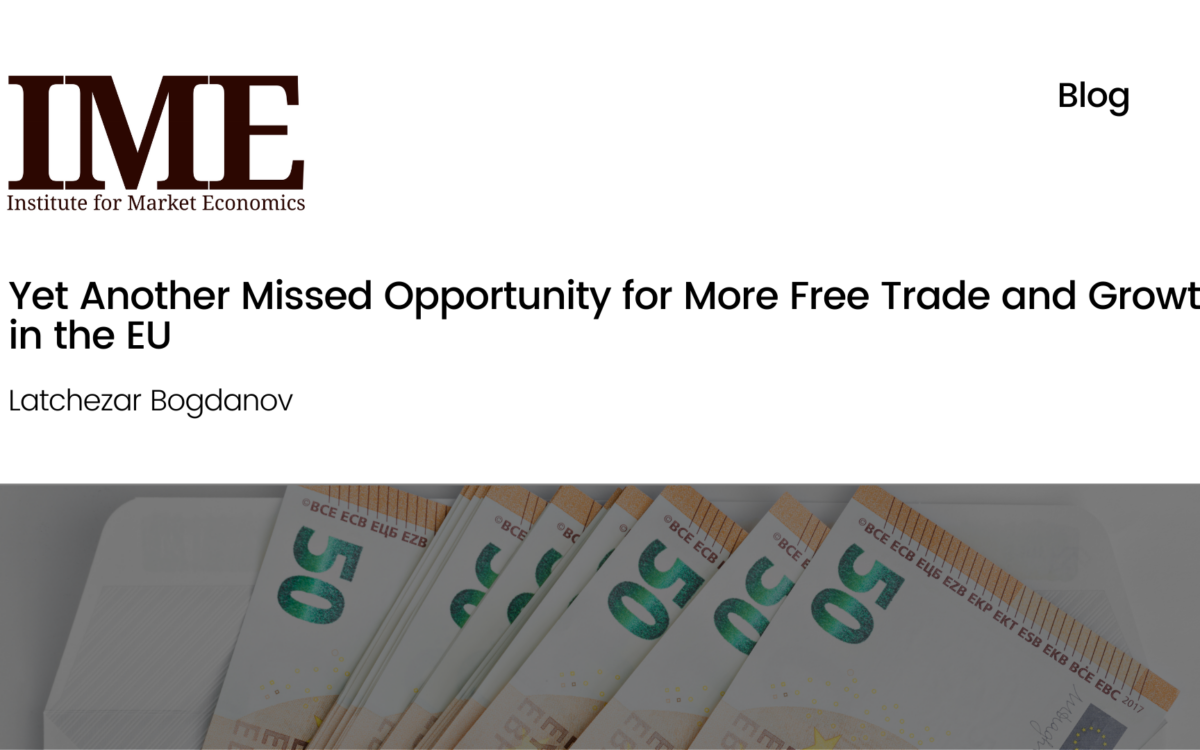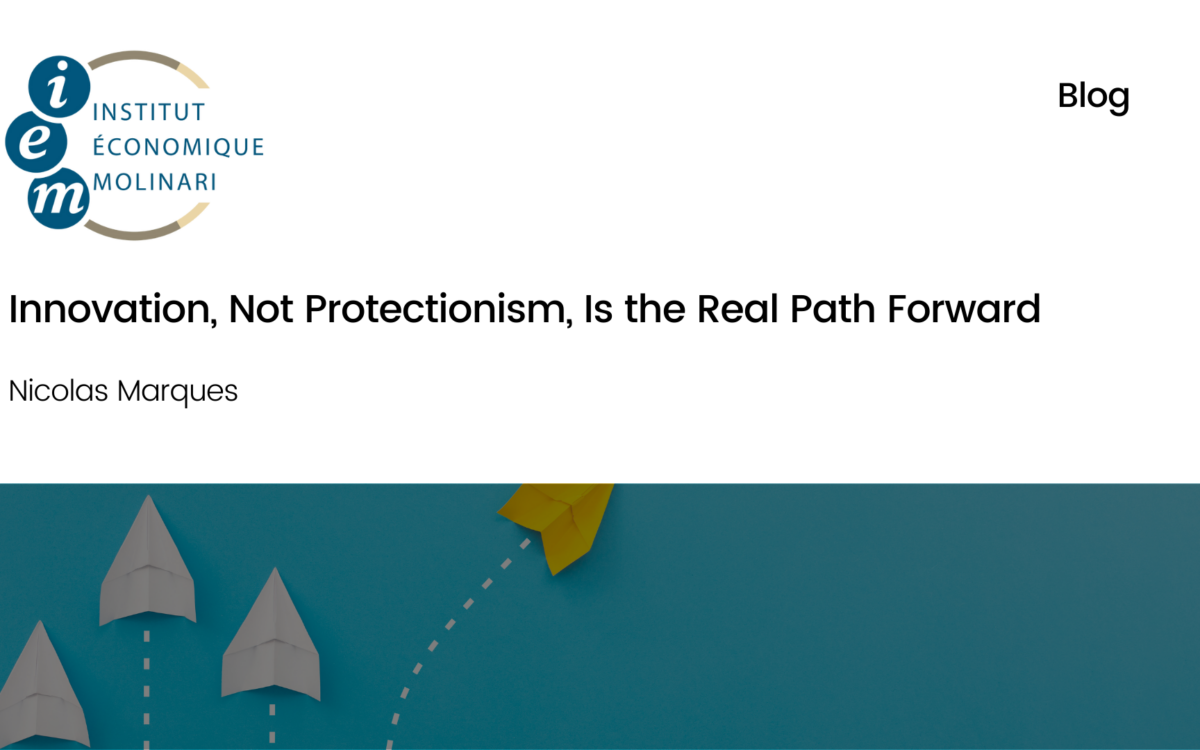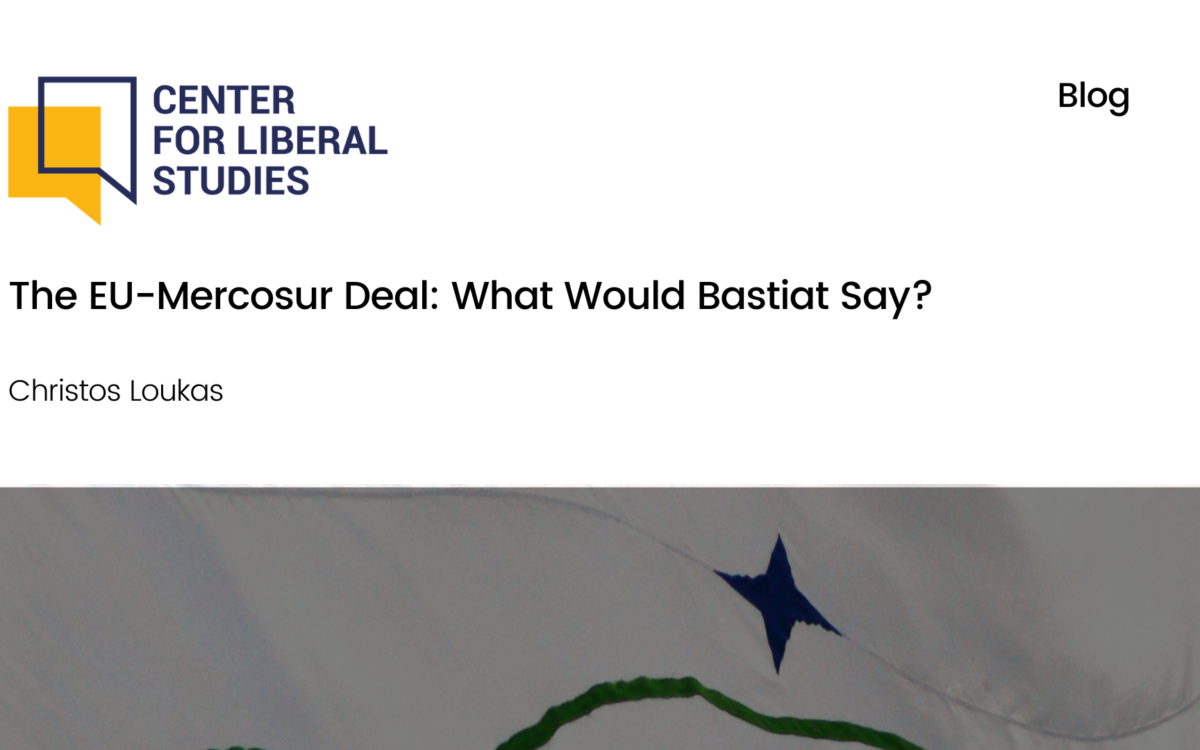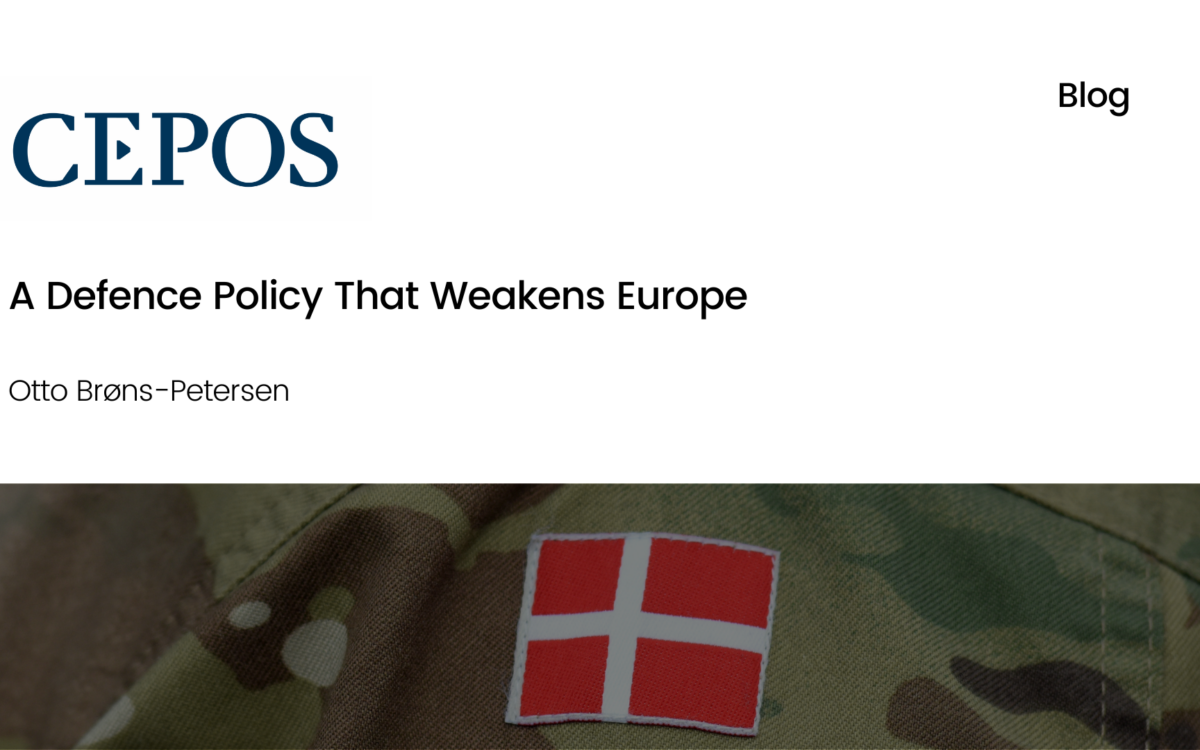Nothing Is More Addictive than Taxes
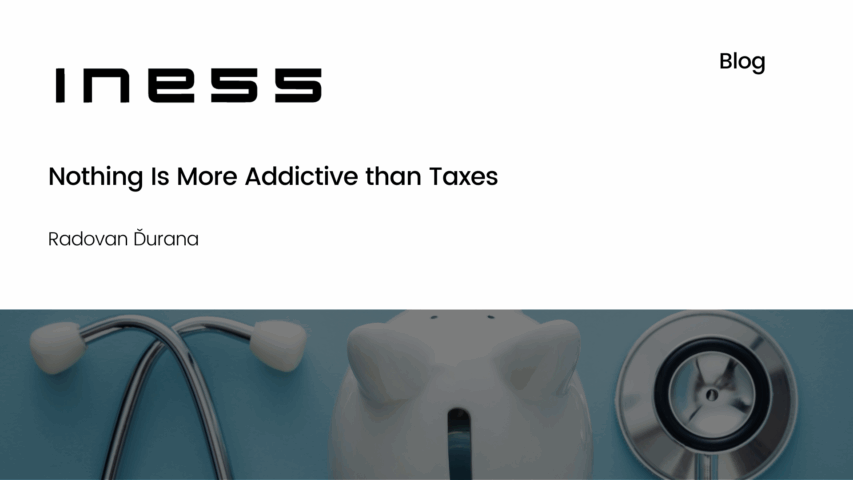
Nothing Is More Addictive than Taxes
Radovan Ďurana // 27 August 2025
Sweden is the only country in the EU where snus, a tobacco pouch placed between the upper lip and the gums, is permitted for sale. At the same time, it has the lowest smoking rate in the EU, nearing 5%. Statistics on deaths caused by lung, bronchial, and tracheal cancer show that Sweden has the lowest incidence of these diseases among men in the EU.
Readers may wonder why snus has been banned in the rest of the EU since 1992. Officially, the European Commission banned the sale of snus due to the high risk of oral cancer, as indicated by the World Health Organization (WHO). However, the statistics contradict this. Although about 22% of adult men and 10% of women in Sweden use snus regularly, the incidence of oral cancer in the country is below average. At the same time, countries such as Denmark and the UK have significantly higher rates.
It is not the intention of this article to serve as a guide to the use of nicotine in any form. Its main purpose is to highlight that the regulation and taxation of addictive substances are often based on opinions rather than facts. Furthermore, incorrectly framed regulations, such as a ban on the sale of snus, actually cause more deaths.
Male custom
What is snus? It is ground tobacco mixed with water, salt, and flavourings. It is smokeless and is used by placing it under the upper lip. For centuries, snus has been used as an affordable everyday pleasure by hard-working people who need to have their hands free for manual labour, such as sailors, railroad workers, and farmhands. It was not invented to reduce the harmfulness of tobacco or as an alternative to cigarettes. It was simply practical and convenient for users.
When reports of increased lung cancer among smokers emerged in the 1970s, Swedish men already had a viable alternative. At that time, snus was not packaged and looked like wet coffee grounds. Although people considered snus rural, backwards, and even dirty, using it meant you could save your lungs. Later, thanks to the invention of pouches, snus also became cleaner. Even more Swedish men quit smoking – smoking prevalence fell from 30% in 1980 to 5.4% in 2024, according to data from the Swedish Ministry of Health. In Slovakia, the figure exceeds 25%.
However, women did not follow men in switching from smoking to snus for a long time. Why? Because snus was considered a ‘male habit’, Swedish women continued to smoke cigarettes. For decades, Swedish women smoked more than men, which is also unique. Nowhere in the world and at any point in history has a group of women behaved less healthily and more riskily than a similar group of men. Today, more Swedish women smoke than men, although the prevalence is now only 5.8%.
The standard has changed; there’s less smoke
Thanks to innovation in recent years, nicotine pouches are now similar to snus pouches but contain nicotine-impregnated fibres instead of tobacco. When they entered the Swedish market, they quickly became the preferred product among Swedish women. Following a ban on smoking in outdoor restaurants in 2019, social norms underwent rapid changes. Suddenly, it became socially acceptable for women to place boxes of nicotine pouches on the table. And in five years, smoking declined, with the proportion of women smokers falling by 20%.
The Swedish Ministry of Finance levies a special excise tax on nicotine pouches, currently amounting to 207 Swedish kronor per kilogram (approximately €18.37/kg), or 26 cents per pack. By comparison, a pack of cigarettes is subject to a much higher tax of €3.56, and tobacco snus is taxed at 421 Swedish kronor per kilogram (approximately €37.37/kg), which is double the tax amount of nicotine pouches. Incidentally, in 2022, tobacco snus was taxed at an even higher rate of €41/kg; tobacco taxes can also fall if the politicians’ goal is not just to collect more taxes.
Five times more in Slovakia
Sweden has thus made a clear distinction between harmful smoking and less harmful nicotine and tobacco pouches. In contrast, Slovakia currently applies a tax rate on nicotine pouches that is five times higher, at €100 per kilogram. From 2027, the tax is set to double to almost €3 per pack. Nothing is more addictive than taxes, and for Slovak politicians, this is doubly true.
Unlike Sweden, the Slovak Ministry of Health wants to start restricting pouch flavours, arguing that they should be less attractive. Unfortunately, the idea that transitioning from more harmful smoking to less harmful nicotine pouches can be beneficial has not caught on among Slovak politicians and health professionals.
However, the European Commission is preparing to enter the game, intending to set a tax rate for new nicotine products. According to an impact analysis by the new EU Tobacco Products Directive, the minimum tax rate should be seven times the current Swedish tax on nicotine pouches, ignoring real health impacts and the ability of less harmful nicotine products to replace more harmful smoking. The Commission has proposed this tax although several EU countries, such as Austria, Slovenia, Ireland, and Portugal, still do not tax nicotine pouches separately.
A totally unacceptable proposal
Why is the Commission doing this? It wants to raise more money for the EU budget. It will probably come as no surprise that the Swedish finance minister has responded by stating that such a proposal is unacceptable – not only because tobacco taxes should end up in Swedish coffers rather than European ones, but also because it would result in a sharp increase in the tax rate on nicotine pouches, which Sweden considers nonsensical. This is a product (including snus) that makes Sweden the first country in the world where less than 5% of the adult population smokes.
Tax changes must be approved unanimously in the EU. Hopefully, more countries besides Sweden see nicotine consumers are more than a ‘source of money, unable to kick the habit’ and will not support this proposal aimed at reducing the health impacts of smoking. High taxation is unlikely to diminish the desire for nicotine significantly. Instead, it will drive illegal trade, as seen today with cigarettes. In countries with high taxes and prices, illegal trade already accounts for 20–25% of the market.
This blog post was first published by INESS in Slovak.
Radovan Ďurana is a Senior Analyst at INESS
EPICENTER publications and contributions from our member think tanks are designed to promote the discussion of economic issues and the role of markets in solving economic and social problems. As with all EPICENTER publications, the views expressed here are those of the author and not EPICENTER or its member think tanks (which have no corporate view).
